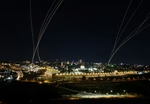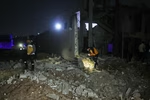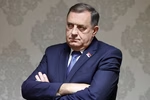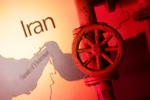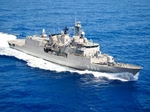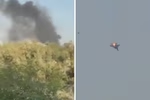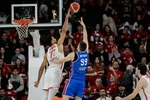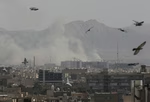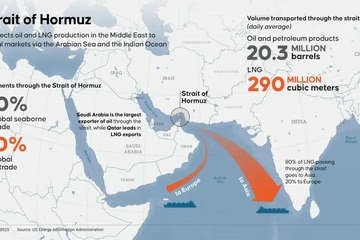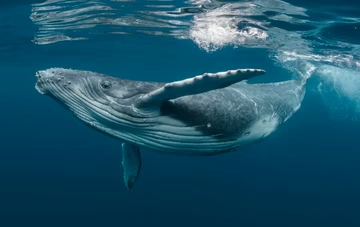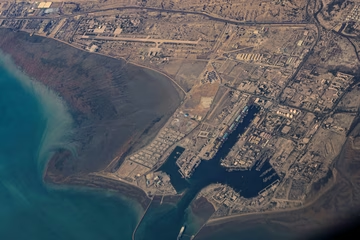
A war of words erupted between Brussels and Moscow over Macedonia’s accession to NATO, with Brussels claiming membership was good for the Western Balkans countries, while Moscow is accusing NATO of being a relict of the Cold War that disregards the stances of the opposing side. The disagreement also affects Bosnia and its path toward membership in the Alliance.
Once Macedonia is part of the alliance, Bosnia and Herzegovina and Serbia will remain the only regional countries outside of it, which is a cause of concern for Brussels.
According to NATO Secretary General Jens Stoltenberg, Russia is interfering in the internal issues in the Western Balkans.
"Russia tries to meddle, Russia tries to interfere in political processes in sovereign nations," he told Euronews on Wednesday.
He said that NATO respects and has been respecting decisions of states regardless of whether they want to join NATO or not.
He said that a majority of lawmakers and political parties in Macedonia decided in favour of joining the alliance and that NATO welcomes it. At the same time, Serbia stated it does not want to join, “and we respect that,” he said.
"So Russia should respect the decisions made by sovereign nations, even if they want to join NATO even though they don't want that," he said, according to Euronews.
Moscow sees Macedonia’s accession to NATO as an unimportant event that is being used for raising tensions, according to Konstantin Kosachev, who chairs Russia’s Foreign Affairs Committee.
He said that Macedonia’s accession protocol is “more of a symbolic act than a practical step, as that small country has no significance for the Alliance.”
“However, the fact that it joined is important for NATO, considering the protest coming from Russia which is showing the destructive role of the Alliance as a relict of the Cold War,” he said.
Kosachev said that NATO wants to show Moscow that it will not listen to it in the future, just as it refused to in the past.
But the disagreement also has a significant effect on Bosnia, as was confirmed by the Chairman of the country’s tripartite Presidency, Milorad Dodik, during his recent visit to Brussels.
“There are some differences in regard to the MAP (Membership Action Plan) and NATO, regardless of earlier decisions which are political, and there are some earlier provisions which refer to the Armed Forces, but that cannot be a basis for deciding and confirming a final stance on anything,” the pro-Russian Bosnian Serb leader said.
NATO remains unpopular with Serbs in both Serbia and Bosnia's region of Republika Srpska since the alliance launched airstrikes against the Bosnian Serbs during the 1992-95 Bosnian war and against the Serbian military in 1999 during the conflict between Belgrade and ethnic Albanians in Kosovo.
But according to Associate Professor at the Faculty of Criminal Justice and Security in Sarajevo, Jasmin Ahic, Bosnia is unlikely to remain outside of the alliance in the future.
“When taking into consideration everything that has been happening throughout the past years,” he said, exemplifying NATO’s invitation to Bosnia to join the alliance and “all the diplomatic, operative and military exercises” which the alliance conducted with neighbouring Serbia, it is most likely that “the two countries which remain outside of the NATO Alliance (...) will one day be in a position in which they are building their own path within Alliance.”
The head of Bosnia’s Atlantic Council, Dijana Gupta, also said she believes Bosnia will join the Alliance as it “cannot be a state trapped by some individuals who do not want that secure Euro-Atlantic path.”
Kakvo je tvoje mišljenje o ovome?
Učestvuj u diskusiji ili pročitaj komentare





 Srbija
Srbija
 Hrvatska
Hrvatska
 Slovenija
Slovenija









